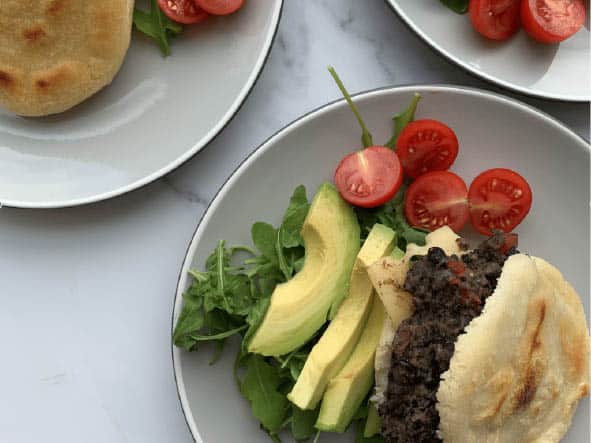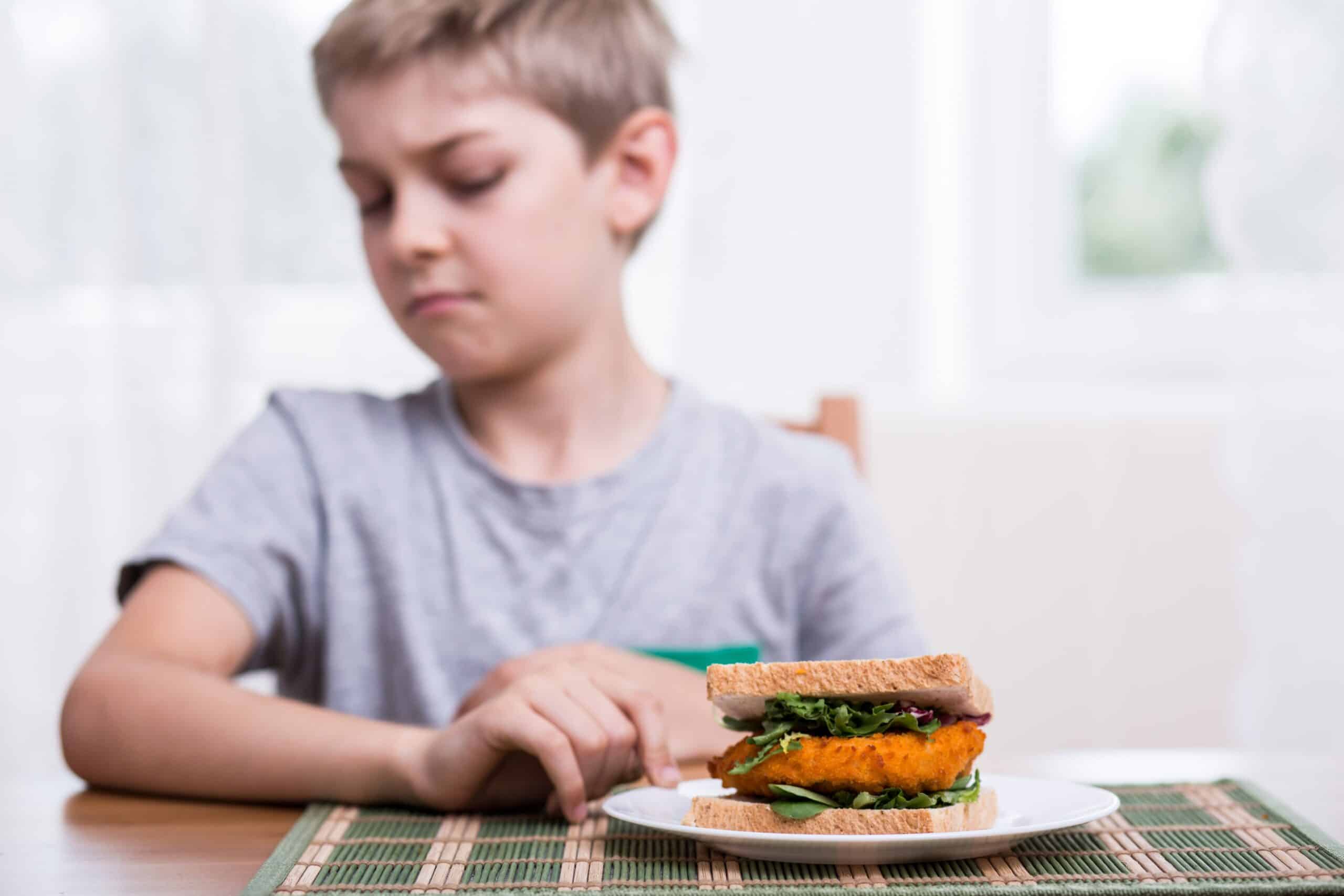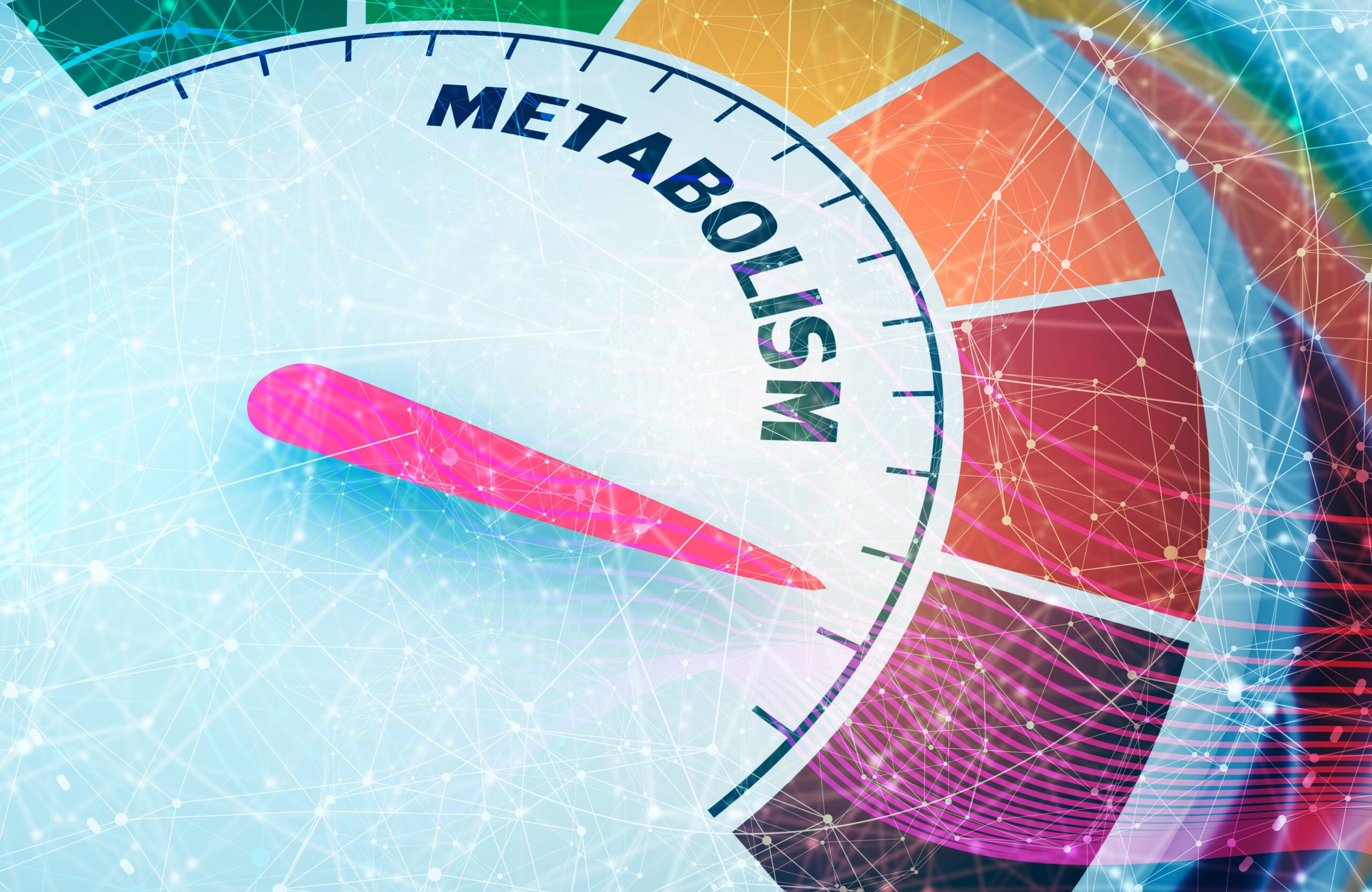Incorporating self-affirmations can play a significant role in our personal journey to recovery from an eating disorder or a challenging relationship with food. Well-timed and consistent affirmations have been shown to improve health, relationship and educational outcomes, with long-term benefits. (1)
Research shows that patients undergoing medical treatment for heart conditions were significantly more likely to meet daily physical activity recommendations when incorporating self-affirmation strategies compared to a control group. (2)
Patients using self-affirmation were more likely to request and provide information about their medical condition and displayed greater levels of respect, warmth, attentiveness, and reduced depression and distress. (3)
Additionally, affirmations are an excellent supplementary tool that can equip us with the mental courage to get us through the most difficult days, where we might feel like giving up. Sometimes, the encouragement of a simple affirmation can be just what you might need to take the next step into recovery.
It may feel uncomfortable or even disingenuous at first to offer yourself this level of compassion and praise. Working on our self-esteem and confidence is not an easy task and takes a lot of effort and repetition. When it comes to recovery, each step is a brave one, so take the time out to wholly acknowledge you are headed in the direction of acceptance and progress.
In this article, we have put together some of our favourite affirmations for you to read. If any resonate strongly with you, feel free to apply them in your life by writing them on sticky notes, reciting them each morning or even singing them in the shower! As always, have patience, get creative and see what is most effective and sustainable for you.
ONE: I deserve to recover.
Feeling deserving of eating disorder recovery can be a direct yet difficult affirmation to face initially. Justifying our desire to recover can feel conflicting and maybe even wrong.
Spend some time reflecting on the positives you may experience when and after recovering from an eating disorder and know you are worthy and deserving of all of them. For some further encouragement, read our article on how to get ready to recover from an eating disorder.
TWO: What, how, and when I eat does not define me.
Voices all around us can reinforce the rules we sometimes give ourselves surrounding what we should eat and how we should look. Once you begin to notice this more, remind yourself that you are the true expert on your body, and the desire for external validation can often be more damaging than beneficial.
Instead, explore the reasons why you may feel cautious around eating. Then, ask yourself how it might feel to restart the process of fuelling your body with satisfying, nourishing foods without carrying feelings of guilt afterwards.
THREE: Food doesn’t need to be earned.
The food in front of you is not something you need to ‘work’ for. Eating nourishing and satisfying food is a basic human need, no matter what diet culture tells us, and you deserve to eat whenever your body tells you so.
Sometimes, when living with an eating disorder, our hunger cues may be more complex and difficult to sense. You can begin with the ‘rule of threes’ – incorporating three meals and three snacks a day, aiming to eat every three to five hours and opting for foods from three or more different food groups.
To help ease what can sometimes be a tough part of the shopping process, you can read our article about how to use food labels for empowerment.
FOUR: I am showing up for myself and choosing recovery.
Recovery is an active choice and decision – not to mention a valiant one. By committing to your recovery, you are on the path to changing your life positively with each day. Healing is a journey, and it’s important to remember that you are also human and imperfection is beautiful.
Know that your mind and body deserves all of the honour, care and love you have to offer. Think about what recovery could look like for you and the things it may enable you to do – no matter how far away it may seem. Show up for yourself and offer yourself the compassion you would to a close friend or relative.
FIVE: I am worth more than a size, weight, or portion.
Tracking our nutrition can make it very easy to fall into a cycle of looking at every kind of number related to our health. It can be helpful to begin to break down these patterns and learn how to stop calorie counting and weight checking.
Remind yourself that these numbers neither validate nor invalidate you. You, as a whole, authentic person, have so much to offer the world beyond your diet, shape, or appearance.
Jot down all of the experiences that have brought you joy and satisfaction, and know that you deserve to feel that way every day, free from the deep-seated rules, values and pressure that diet culture can put on us.
SIX: I honour and trust my body.
Eating satisfying, enjoyable, and nourishing foods is something our body can be pretty good at when left to its own devices. See your body from a neutral standpoint and honour it with the belief and confidence that food and body image doesn’t have to be a constant battle.
Body trust plays a significant role in our mental health and interoceptive awareness, (2) and working to strengthen it plays a crucial step to becoming a more intuitive eater.
We hope you found this article beneficial and that you continue to empower yourself with positivity in your recovery. Remember, practice makes permanent, and big changes do not often happen overnight.
As all achievements, time, consistency and effort is all a part of the process. Yet, you are doing so well with each step you take. YOU are brave, worthy, and enough – today, tomorrow and always.
Priya Chotai, BSc ANutr
EHL Team x
References
References:
- Cohen GL, Sherman DK. The psychology of change: self-affirmation and social psychological intervention. Annu Rev Psychol. 2014;65:333-71. doi: 10.1146/annurev-psych-010213-115137. PMID: 24405362.
- Peterson JC, Charlson ME, Hoffman Z, Wells MT, Wong S, et al. 2012. A randomized controlled trial of positive-affect induction to promote physical activity after percutaneous coronary intervention. Intern. Med. 172:329–36
- Havranek EP, Hanratty R, Tate C, Dickinson LM, Steiner JF, Cohen GL, Blair IA. 2012. The effect of values affirmation on race-discordant patient-provider communication. Intern. Med. 172:1662–67
- Dunne J, Flores M, Gawande R, Schuman-Olivier Z. Losing trust in body sensations: Interoceptive awareness and depression symptom severity among primary care patients. J Affect Disord. 2021 Mar 1;282:1210-1219. doi: 10.1016/j.jad.2020.12.092. Epub 2020 Dec 31. PMID: 33601698.














